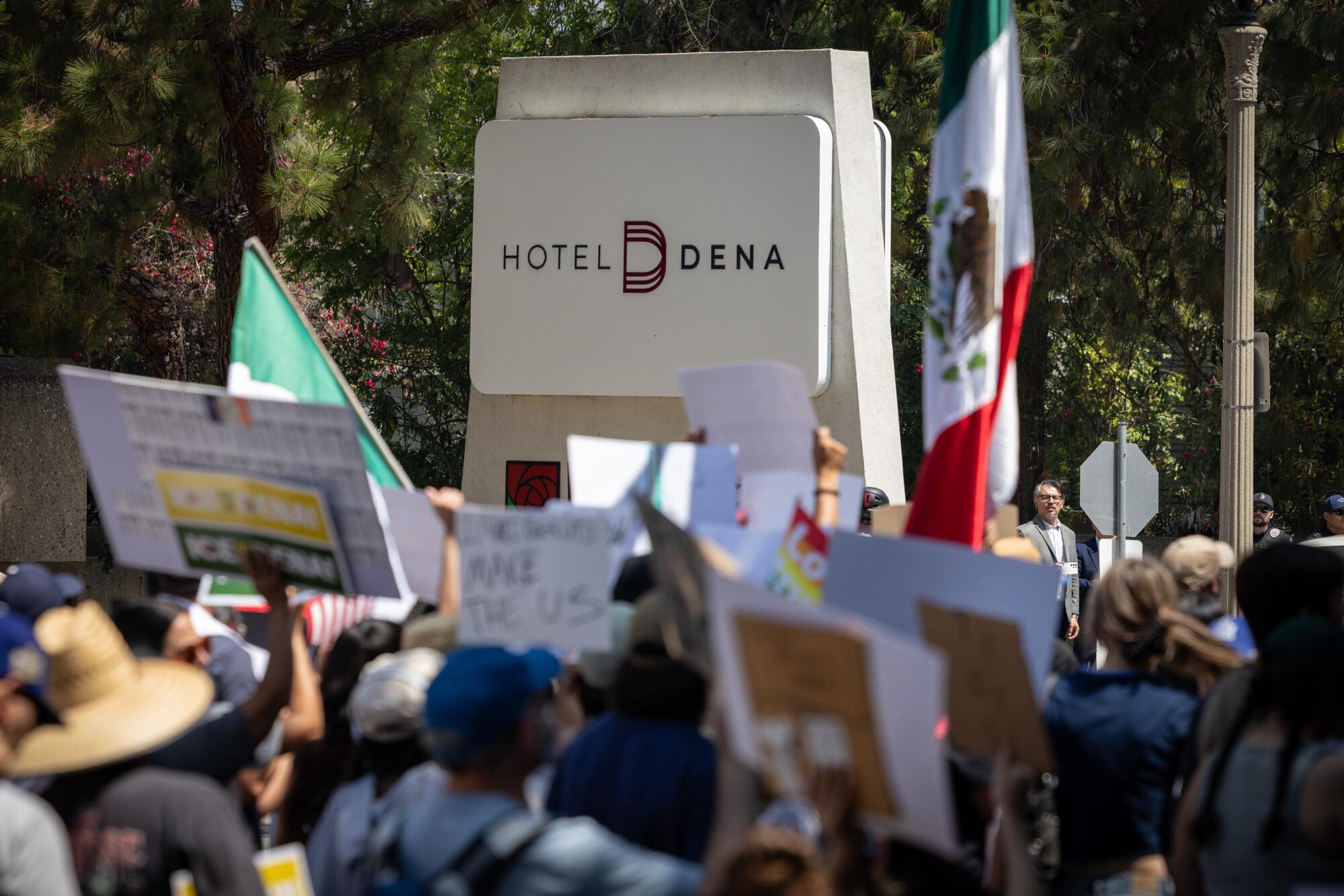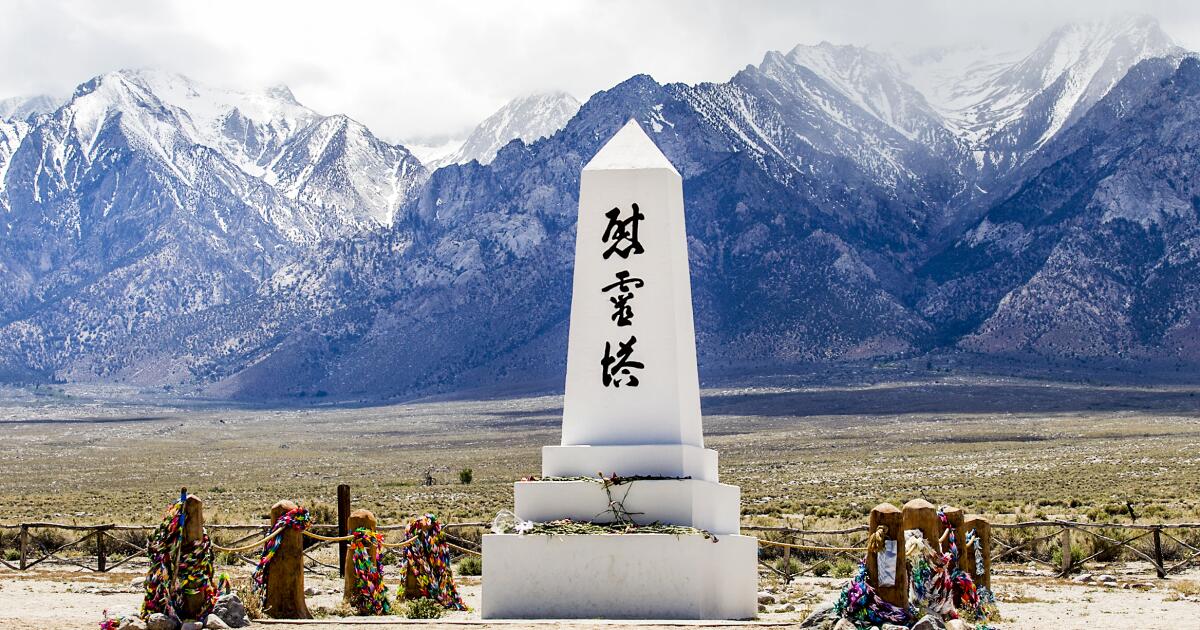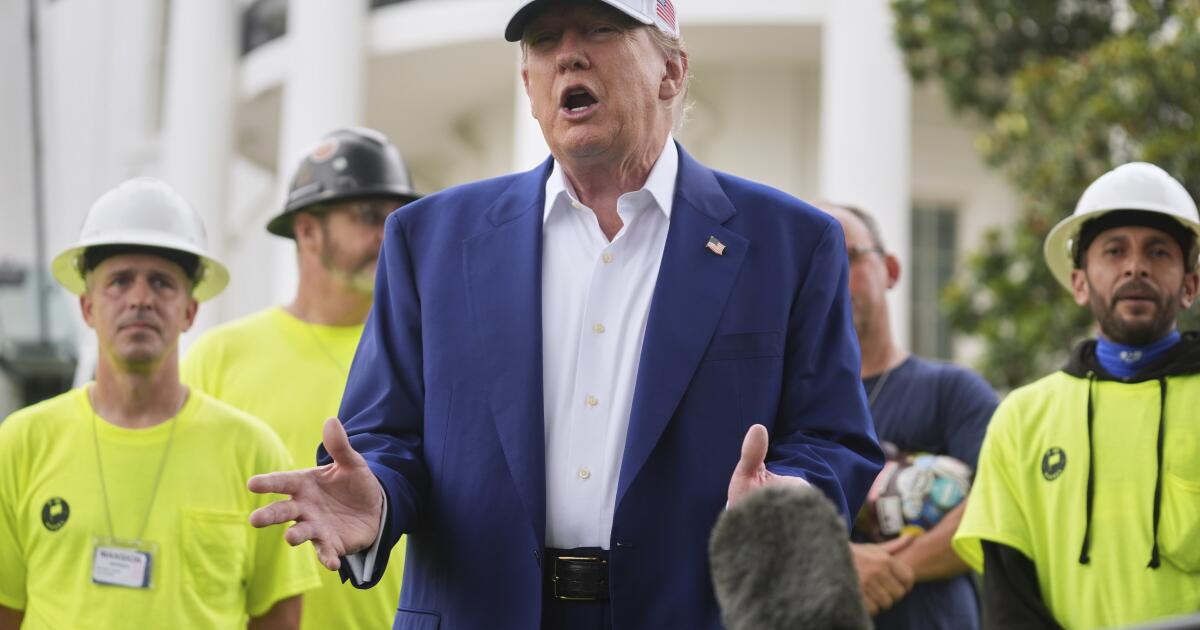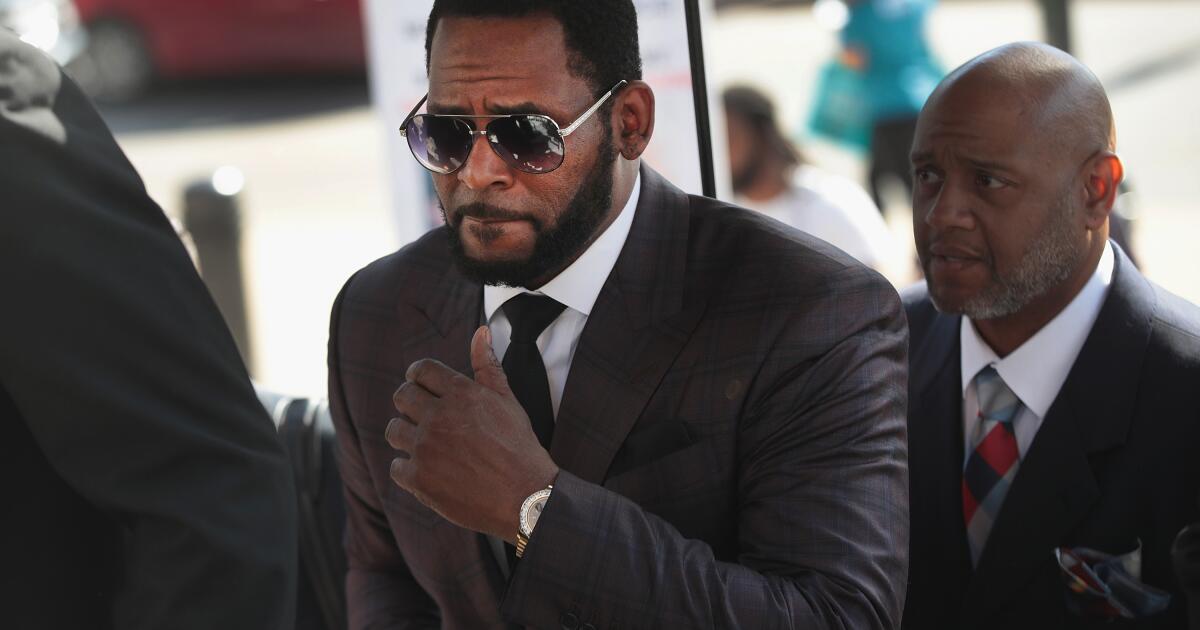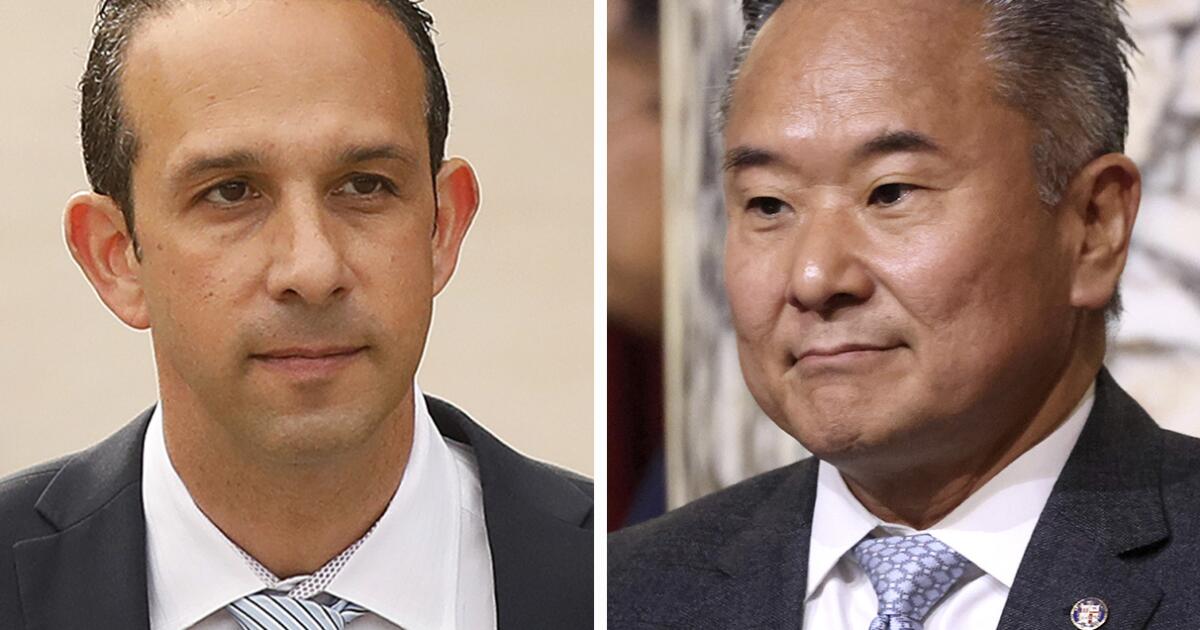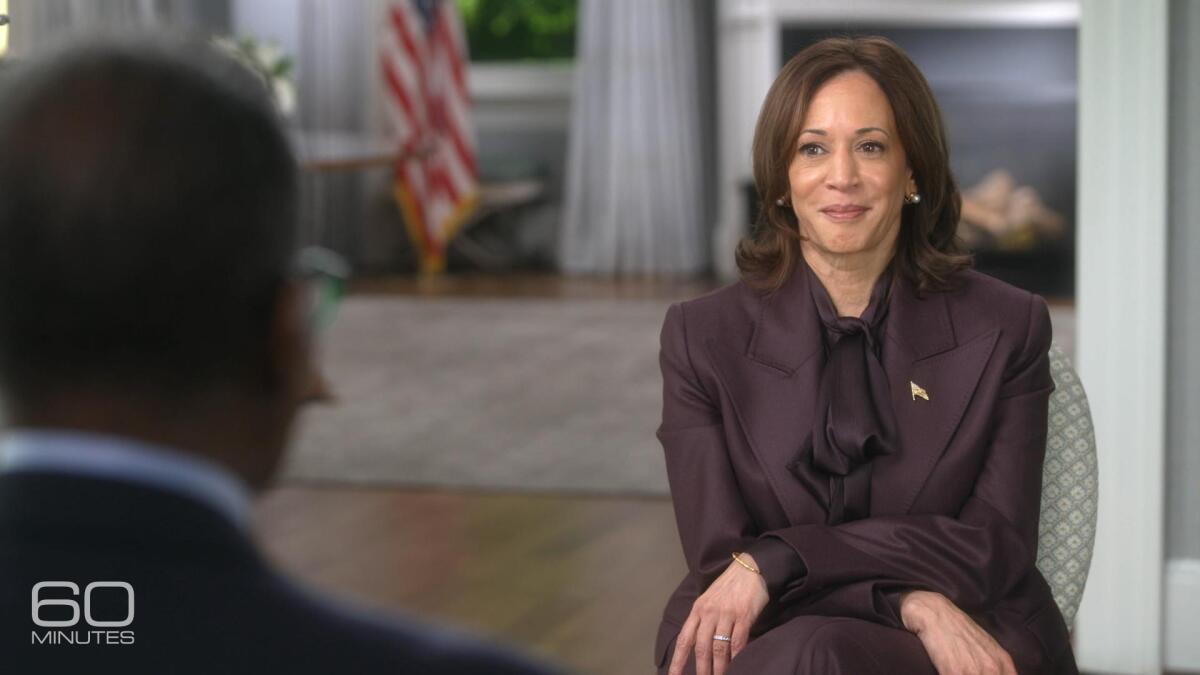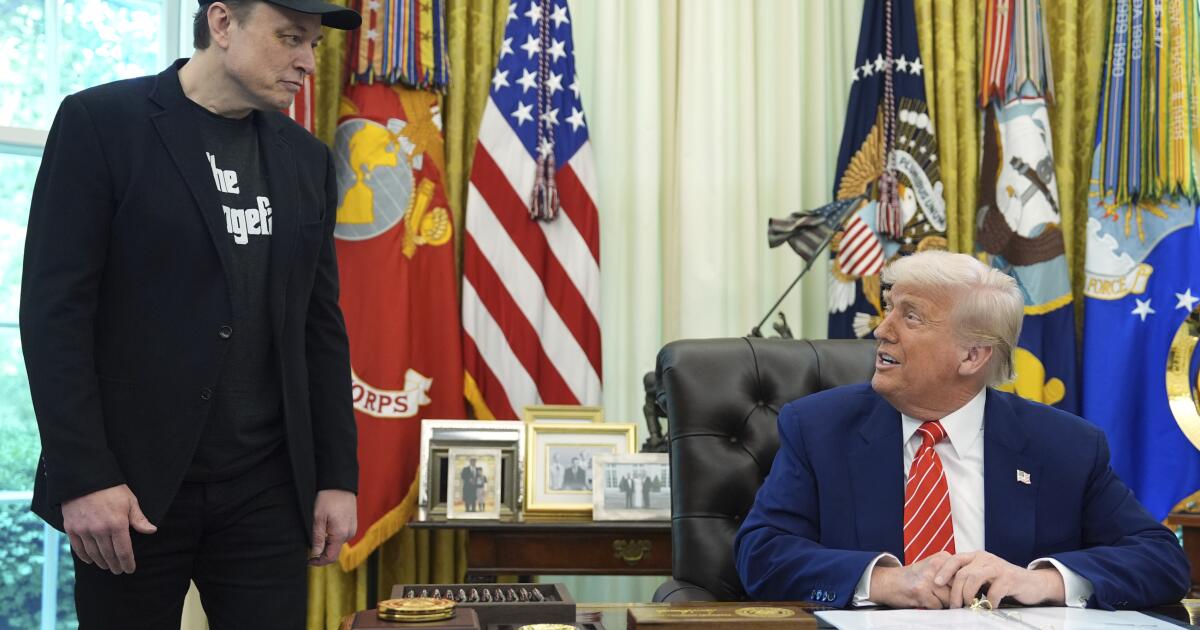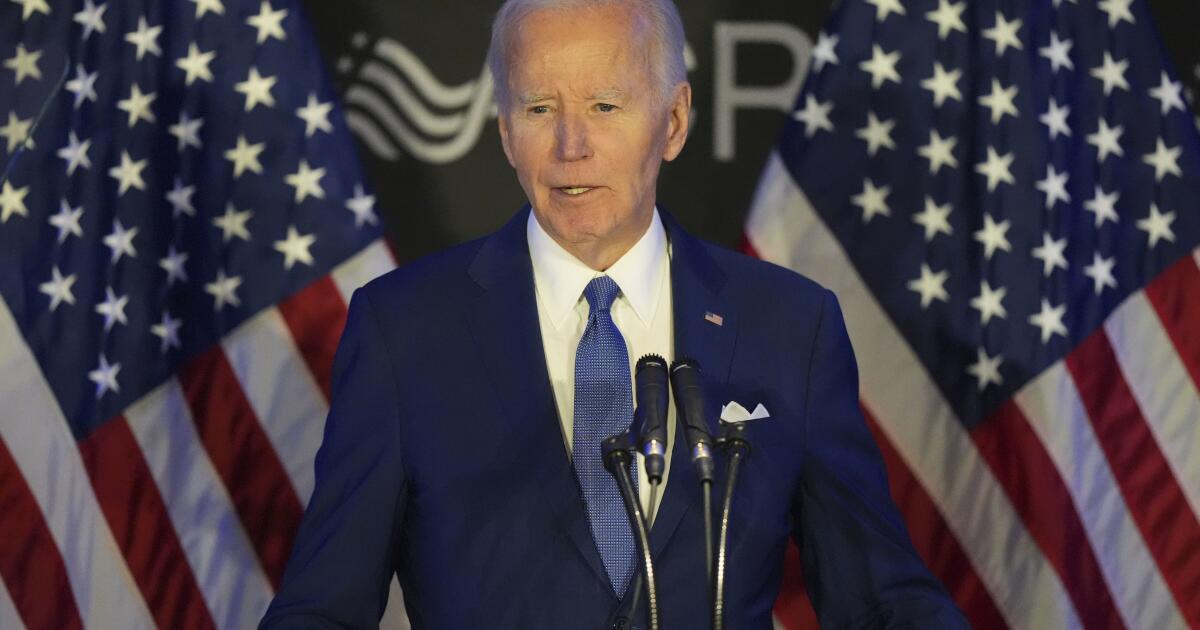‘The Rehearsal’: Nathan Fielder needs his own Emmy category
Yes, Tom Cruise will soon own an Oscar. But has he ever flown a Boeing 737 with 150 passengers on board?
I’m Glenn Whipp, columnist for the Los Angeles Times and host of The Envelope newsletter, here to explain why Nathan Fielder should be the Top Gun of this Emmy season.
Newsletter
Sign up for The Envelope
Get exclusive awards season news, in-depth interviews and columnist Glenn Whipp’s must-read analysis straight to your inbox.
You may occasionally receive promotional content from the Los Angeles Times.
A show too singular to ignore
The second season of Nathan Fielder’s brilliantly bonkers “The Rehearsal” opens inside a commercial jet cockpit where the plane’s captain and first officer are having a tense exchange as they prepare to land at a fogged-in runway. The first officer suggests they’re off course. The captain disagrees but is soon proved wrong as the plane crashes. We see the pilots slumped in the cockpit, dead. Then the camera pans to Fielder, surveying the fiery aftermath, a disaster he just re-created in a simulator on a soundstage.
With that prelude, it may seem strange to tell you that I laughed out loud as many times watching “The Rehearsal” as I did any other TV series this season. Not during the simulated disasters, of course, which Fielder used to illustrate what he believes to be biggest issue in airline travel today — pilots failing to communicate during a crisis.
So, yes, “The Rehearsal” is about airline safety. Mostly. But Fielder is a master of misdirection. There is no way you can predict where he’ll direct his premise, and I found myself delighting in utter surprise at the tangents he took in “The Rehearsal” this season.
An alternate biopic of pilot Chesley “Sully” Sullenberger, with Fielder playing Sully from diapered baby to the Evanescence-loving hero landing in the Hudson River? Yes! Re-creating the German subsidiary of Paramount+ as a Nazi headquarters? OK! Vacuuming up air from San Jose to help train a cloned dog in Los Angeles while he attempts to understand how the nature-vs.-nurture dynamic might play out in human behavior? Ummmmm … sure. We’ll go with it!

Nathan Fielder takes the controls in “The Rehearsal.”
(John P. Johnson / HBO)
With Fielder’s incisive mind, the detours are everything. Even the destination this season came as a jolt. Yes, it involves that Boeing 737 I mentioned in the intro, and, no, I’m not going to elaborate because I still feel like not enough people have watched “The Rehearsal.” The series’ first two seasons are available on HBO, as are all four seasons of Fielder’s Comedy Central docuseries “Nathan for You,” which had Fielder “helping” small-business owners improve their sales. (Example: Pitching a Santa Clarita liquor store owner that he should sell booze to minors but just not let them take it home until they turned 21.)
The humor in “The Rehearsal” can be just as outrageous as “Nathan for You,” but the overall tone is more thoughtful, as it also explores loneliness and the masks we all wear at times to hide our alienation.
For the Emmys, HBO has submitted “The Rehearsal” in the comedy categories. Where else would they put it? But the show is so singular that I wonder if even its fans in the Television Academy will remember to vote for it. They should. It’s funny, insightful, occasionally terrifying, utterly unforgettable. And I hope Isabella Henao, the winner of the series’ reality show competition, goes places. She sure can sing!
Tom Cruise, Dolly Parton will have their Oscar moments
Meanwhile, that other pilot, Tom Cruise, will finally receive an Oscar, an honorary one, in November at the Governors Awards, alongside production designer Wynn Thomas and choreographer and actor Debbie Allen.
Dolly Parton, singer, actor and beloved icon, will be given the annual Jean Hersholt Humanitarian Award for her charitable work.
Cruise has been nominated for three acting Oscars over the years — for playing Marine Corps Sgt. Ron Kovic in Oliver Stone’s 1989 antiwar movie “Born on the Fourth of July,” the sports agent who had Renée Zellweger at hello in Cameron Crowe’s 1996 classic “Jerry Maguire” and the chauvinistic motivational speaker in Paul Thomas Anderson’s 1999 opus “Magnolia.” Cruise was also nominated as a producer for 2022’s dad cinema favorite “Top Gun: Maverick.”

Tom Cruise, left, and Paul Newman in “The Color of Money.”
(Fox Broadcasting Company)
Cruise should have won the supporting actor Oscar for “Magnolia,” a ferocious turn in which he harnessed his strutting brashness to play an odious character hiding a deep well of pain. It came the same year as his star turn opposite then-wife Nicole Kidman in “Eyes Wide Shut.” Not a bad double feature! Instead, Michael Caine won for “Cider House Rules” during an Oscar era in which there was seemingly no prize Harvey Weinstein couldn’t land. It wasn’t even Caine’s first Oscar; he had already won for “Hannah and Her Sisters.”
Cruise has devoted himself to commercial action movies, mostly of the “Mission: Impossible” variety, for the past two decades. He did recently complete filming a comedy with director Alejandro González Iñárritu, scheduled for release next year.
It’d be funny if Cruise wins a competitive Oscar after picking up an honorary one. It happened with Paul Newman, Cruise’s co-star in “The Color of Money.”


